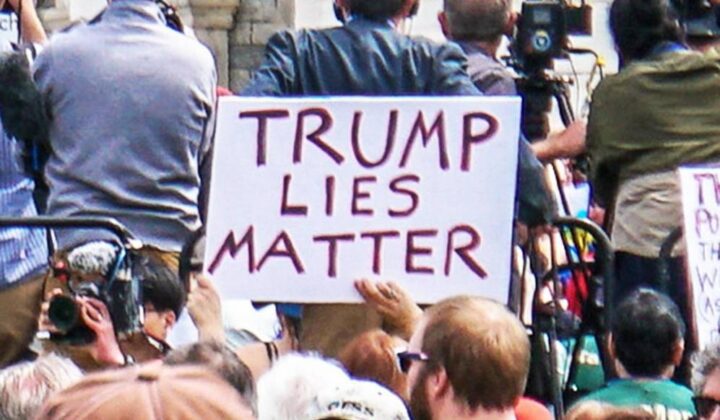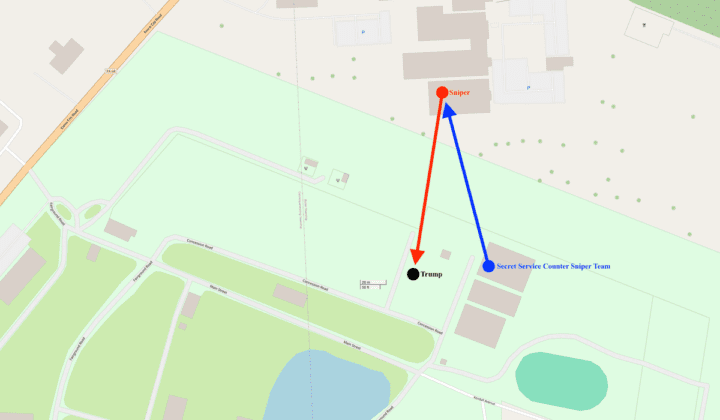As more than 100,000 Russian troops mobilized on the border with Ukraine, the EU’s most influential country hammered out the final details in two-months-long negotiations to form a new government. The German federal elections were held in September, and the victorious parties have divided government posts among themselves based on their respective vote totals. Thus far, the narrow defeat of Merkel’s center-right party by the center-left Social Democrats has garnered the most attention. But with Russia threatening another invasion of Ukraine, the greatest change in Germany might actually be the appointment of its new foreign minister, Annaleena Baerbock. Compared to the subdued policies of the Merkel government, Baerbock seems poised to push back on Putin’s expansionist ambitions.
How has Germany appeased Russia?
Under Merkel, the German government consistently ignored security concerns in favor of making deals with Russian businesses, believing that greater interdependence would draw Russia closer to Europe. It’s part of a long-held German strategy of Wandel durch Annäherung, or “change through rapprochement,” and it’s predicated on the belief that Kremlin foreign influence campaigns are independent of business deals. Unfortunately, it’s entirely misguided.
No major corporation in Russia is free from state interference. Industries are dominated by oligarchs who are dependent on, and loyal to, Putin. Business is politics, and international businesses are as central to Russia’s foreign policy as controlling the media or fielding an army. The German government has proven uniquely unwilling to acknowledge this, and continues to walk into bad deals with Russia that undermine all of Europe’s security. The latest is Nord Stream 2, a nearly-completed natural gas pipeline that US Secretary of State Anthony Blinken described as “a Russian geopolitical project intended to divide Europe and weaken European energy security.” A more evocative description might include offering a lit match to a known arsonist.
How could Baerbock change German foreign policy?
Unlike the current German leadership, Baerbock isn’t falling for Russia’s propaganda. While campaigning for chancellor, she opposed the completion of Nord Stream 2, describing it as “a treacherous plan” and reiterating “We can’t allow ourselves to be blackmailed.” Compared to Merkel’s steadfast commitment to ever-greater entrenchment into long-term energy partnerships with Russia, Baerbock’s position is revolutionary––and she doesn’t stop there.
Baerbock is poised to confront the rising belligerence of the Chinese dictatorship directly. She has called for restrictions on products linked to forced labor in Xinjiang, and connects China with Russia in a global power struggle between free and oppressive societies. In her words, “We are in a systemic rivalry with authoritarian regimes and must make every effort to defend the international rules-based order. It is a matter of protecting the principles of international law, human rights and the international peace order.”
Acknowledging the potential significance of Baerbock’s appointment, China’s propaganda outlet, the Global Times, ran a piece on Monday warning about Baerbock and predicting a “transition period of more frictions” while declaring that “the distance between the hearts of China and Germany is already too wide.” Still, Baerbock seems to be taking a measured approach. She’s acknowledged that China will continue to be a major German trading partner, but recommends a policy of “dialogue and toughness.” Compared to the outdated policy of “change through rapprochement,” it would be a welcome change.
With Russia once again threatening Ukraine with the possibility of invasion, there could hardly be a more important moment for Germany to pivot toward taking a harder line on Russian aggression. Germany’s business partnerships with Russia are actively undermining European security, while bold leadership could bolster the continent’s safety. Nevertheless, only time will tell if Baerbock can really trigger a shift in German foreign policy. During Merkel’s tenure, the foreign ministry was stripped of much of its power as the chancellery started to dictate foreign policy directly. It will take a crisis to show if Baerbock’s appointment is truly a turning point, and, unfortunately, we might not have to wait very long to find out.





